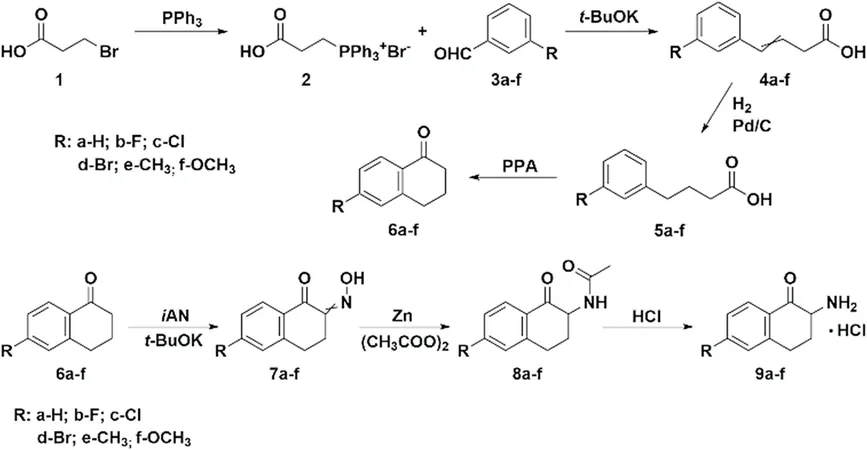
Shocking New Study Reveals Muscle Strength Bounces Back Faster Than You Think!
2024-10-28
Author: Li
A groundbreaking study from the University of Jyvaskyla’s Faculty of Sport and Health Sciences has unveiled remarkable insights into how taking breaks during a resistance training program affects muscle growth and strength. Contrary to popular belief, participants who paused their training for 10 weeks were able to achieve comparable muscle strength and size to those who remained continuously active throughout a 20-week training regimen.
The Surprising Results: Breaks and Muscle Gains
The research split participants into two distinct groups: one that trained continuously and another that paused their training program midway. Astonishingly, by the end of the 20 weeks, both groups reported similar gains in muscle strength and size. This illustrates the incredible ability of muscles to recover quickly after a break. The group that took a training hiatus managed to regain pre-break levels of strength and size within just five weeks of resuming their workouts.
Dr. Eeli Halonen, one of the researchers, noted, "During the first few weeks after the break, progress was very rapid, and after only five weeks of re-training, the pre-break level had already been reached."
Strength vs. Size: What the Study Discovered
Interestingly, the study found that maximal strength tended to be more resilient than muscle size during the training hiatus. This leads researchers to believe that neural adaptations within the central nervous system bolster strength gains, insulating them against the effects of inactivity more so than muscle tissue, which can diminish more quickly.
Muscle Memory: Unpacking the Science
As this research unfolds, scientists are exploring the concept of “muscle memory” — why muscles can bounce back so swiftly after a period of inactivity. Future studies will delve into cellular and molecular changes in muscle cells that sustain muscle memory, which is essential for anyone looking to optimize their training results.
What This Means for Your Training: Good News!
For fitness enthusiasts engaged in resistance training, these findings suggest that taking breaks — even significant ones of up to 10 weeks — does not drastically compromise fitness goals, as long as the training remains consistent before the break. While prolonged inactivity may slow progress, this research underscores that muscle strength and size can return to previous highs swiftly, making planned breaks a viable option in long-term training strategies.
“It is comforting to know that it is possible to reach the pre-break level surprisingly quickly,” added Dr. Halonen.
Who Was in the Study?
It’s important to note that this study involved young Finnish adults who were already active but relatively inexperienced with structured resistance training. As such, results may vary for other demographics, including seasoned athletes or older populations.
Final Thoughts: Ready to Strive for Greater Strength?
This enlightening research provides a refreshing perspective for those who dread the thought of taking time off from training. Whether for recovery, injury, or personal circumstances, remember that a well-structured break might be just what you need to maintain and even enhance your gains. So don’t fear the break — embrace it and let your muscles do their amazing work!






 Brasil (PT)
Brasil (PT)
 Canada (EN)
Canada (EN)
 Chile (ES)
Chile (ES)
 España (ES)
España (ES)
 France (FR)
France (FR)
 Hong Kong (EN)
Hong Kong (EN)
 Italia (IT)
Italia (IT)
 日本 (JA)
日本 (JA)
 Magyarország (HU)
Magyarország (HU)
 Norge (NO)
Norge (NO)
 Polska (PL)
Polska (PL)
 Schweiz (DE)
Schweiz (DE)
 Singapore (EN)
Singapore (EN)
 Sverige (SV)
Sverige (SV)
 Suomi (FI)
Suomi (FI)
 Türkiye (TR)
Türkiye (TR)